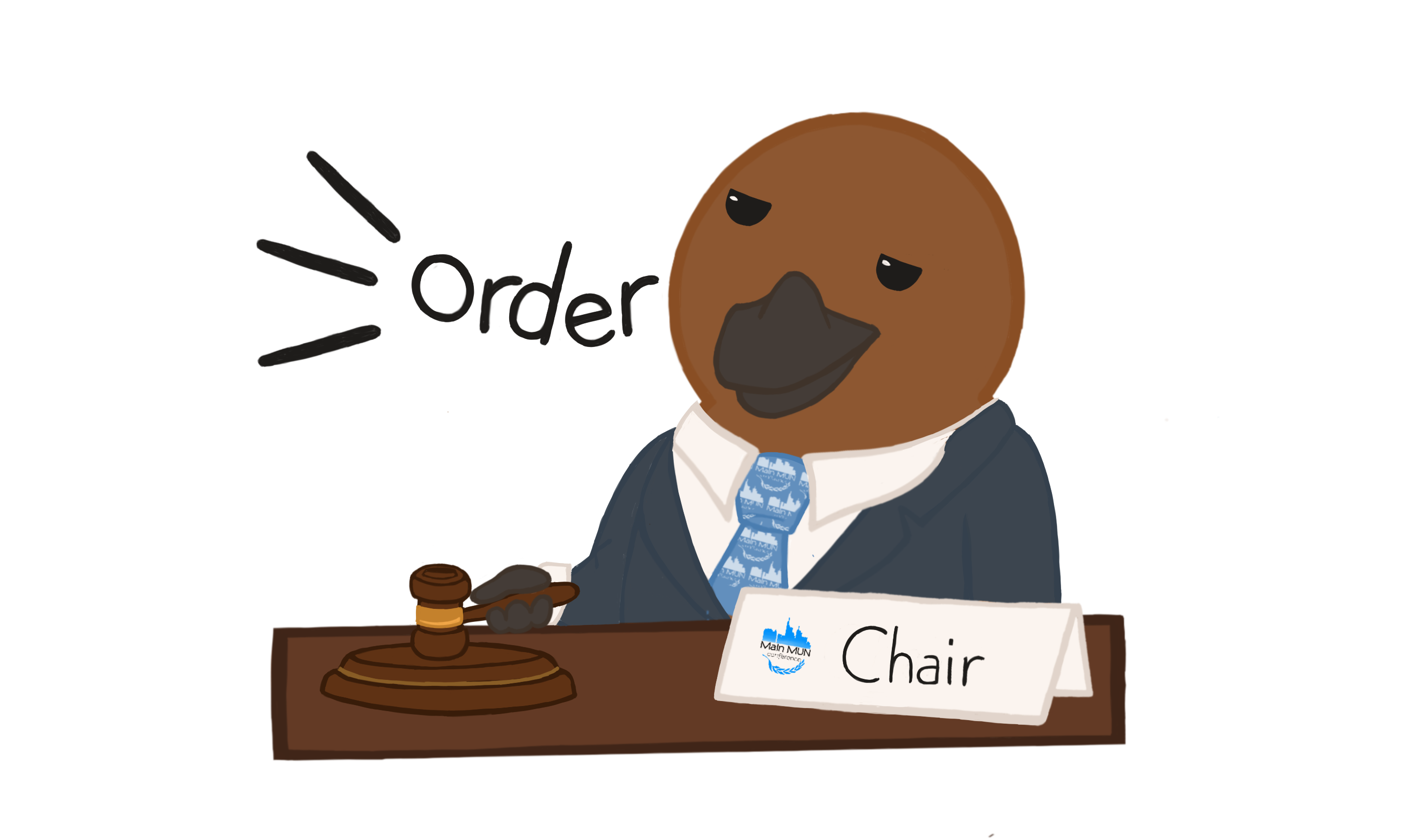The United Nations Security Council
Level: Expert
After the two World Wars, in June 1945, Chapter V of the United Nations Charter established the United Nations Security Council (UNSC) as the primary and permanent authority of the United Nations (UN) system charged with the maintenance of international peace and security. The UNSC, which is composed by fifteen members, five permanent members (the People’s Republic of China, France, the Russian Federation, the United Kingdom and the United States of America) – the five victorious powers of World War II, that are granted with a veto power – and ten non-permanent (temporary) members, elected for two-year terms by the General Assembly (GA), encourages international peace and security. The main purpose is to prevent war by settling disputes between nations. Whenever peace is threatened, the Security Council meets. The Charta of the United Nations commits that all member states are obligated to comply with council decisions.
The Security Council’s powers include the establishment of peacekeeping operations, the establishment of international sanctions, and the authorization of military action through Security Council resolutions; it is the only UN body with the authority to issue binding resolutions to member states. But along with this power comes a high responsibility. Therefore, the Security Council is the most powerful body in the United Nations.
At the MainMUN conference, delegates of the SC should be aware that debates are often intensely political in nature. It is therefore important to balance the need for a resolution with the heated rhetoric of international politics.
Topics:
1. The Situation in Yemen (since 2014)
Since 2014, Yemen has been embroiled in a devastating civil war marked by conflict between Houthi rebels and a coalition led by Saudi Arabia and the United Arab Emirates. This conflict has resulted in a severe humanitarian crisis, with millions of Yemenis facing food insecurity, displacement, and inadequate access to healthcare. The war has also exacerbated regional tensions and has been described as one of the world’s worst humanitarian disasters.
2. The Situation in the Sudan
Sudan’s political landscape and conflict dynamics are everchanging. Amid all this chaos, on 15 April 2023, the Rapid Support Forces (RSF) attacked numerous bases of the Sudanese Armed Forces (SAF). This marked the onset of the current civil war in Sudan, which has claimed the lives of thousands of individuals. As a consequence of this civil war, millions of people have been internally displaced and are now seeking refuge in neighbouring countries. The on-ground UN Agencies have stated, ‚We call for an immediate cessation of hostilities. The people of Sudan need peace and equitable access to humanitarian relief. Moreover, the international community must step up today, engage at all levels, and act to put Sudan back on track and end the war.‘
Chairs

